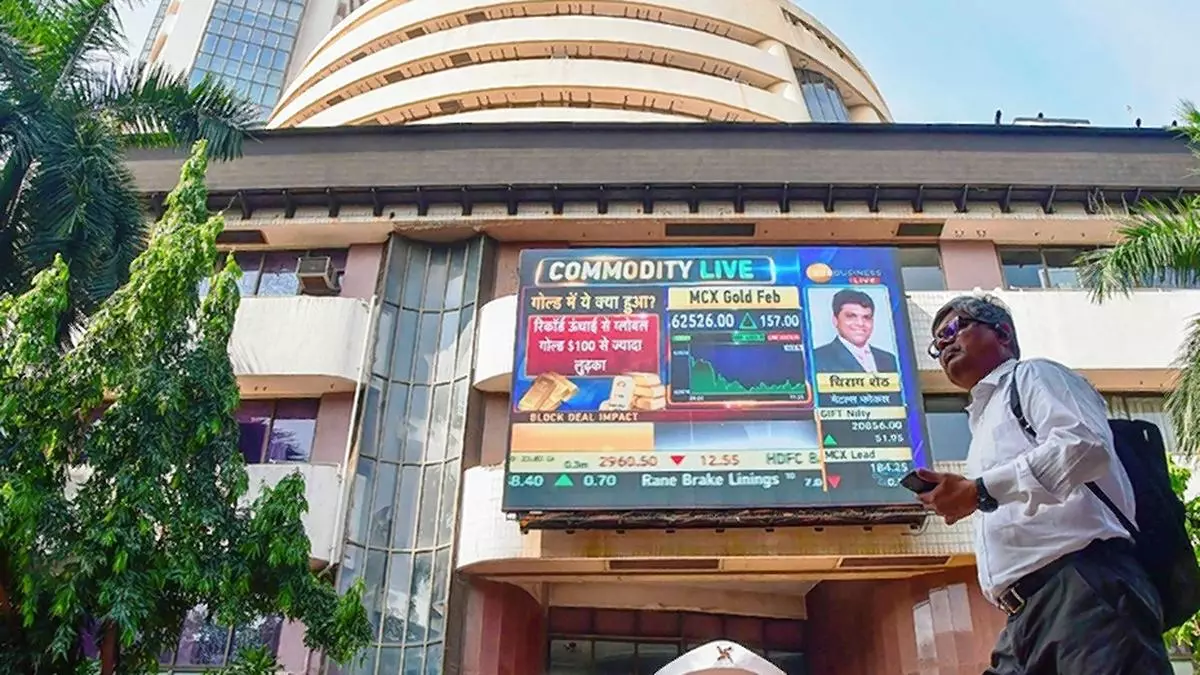Storing data has become a necessity for almost everyone. The amount of files we generate daily is countless, and they all need a secure place to keep. Normally, we depend on our computers’ internal storage. But with the growing amount of data, this often isn’t enough, and that’s where an external hard drive becomes useful.
What is an External Hard Drive?
As the name suggests, an external hard drive is a portable storage device. It is typically a hard drive that is connected to a computer through the USB port—it’s not in-built like normal hard drives. Some types of external hard drives can be connected to a computer via WiFi, Thunderbolt, or FireWire.
External hard drives are available in different storage capacities typically ranging from 500MB to 4TB. You can use an external hard drive to back up your data or store files if you run out of your internal storage.
Types of External Hard Drives
HDD (Hard Disk Drive) and SSD (Solid State Drive) are the two main types of external hard drives and each has its advantages and disadvantages:
1. HDD (Hard Disk Drive)
- Advantages: Affordable, available in large storage capacities, widely compatible with most devices.
- Disadvantages: Slower data transfer speeds compared to SSDs, more prone to physical damage because of moving parts.
2. SSD (Solid State Drive)
- Advantages: Faster data transfer speeds, more durable (no moving parts), energy-efficient, and runs quietly.
- Disadvantages: More expensive than HDDs, typically offers lower storage capacities at the same price.
Differences Between Internal and External Hard Drives
The main difference between internal and external hard drives is their location. External drives are standalone devices that connect to a computer via USB or wirelessly. Internal hard drives are built directly into the computer.
External hard drives are a convenient way for storage expansion without the need to open up your computer. Also, because of their portability, you can take them with you wherever you go and use them with different computers without affecting their internal components.
On the other hand, internal hard drives house the operating system and other essential software. The computer relies on them for smooth operation. They offer faster read and write speeds than many external drives because they are directly connected to the system’s motherboard.
5 Reasons Why You Should Have an External Hard Drive

There are various reasons you should have an external hard drive—it’s not only about the convenience of portability. Here are five reasons:
1. Extra Storage Space for Large Files:
If you have a lot of large files including videos, music, or games, an external hard drive will provide an easy way to add storage space without having to delete files. You can store large files which may take up more space than your internal hard drive can comfortably handle.
2. Portability and Convenience for File Transfers:
External hard drives are highly portable—you can carry terabytes of data wherever you go. This means you can share large files or work on them on multiple computers. For example, you can easily transport your office work and work on them wherever you are.
3. Reliable Data Backup:
One of the most important reasons to have an external hard drive is data backup. In the event of a system crash, an external hard drive can keep a secure copy of your important files.
4. Easy Setup and User-Friendly Operation:
External hard drives are very easy to set up. Most are plug-and-play devices that require no installation process. You only need to connect the drive to your computer via a USB port, and you’re ready to transfer files.
Additionally, many modern external hard drives are compatible across various operating systems. You can use them with different devices such as Windows, macOS, and Linux.
5. Improved System Performance:
When your internal hard drive gets too full, it can slow down your system’s performance. Operating systems and software need enough free space to function efficiently. By transferring non-essential files like movies and music to an external hard drive, you free up valuable internal storage space.
Read Also:
- 5 Advanced Computer Skills That can Give You an Edge in the Kenyan Job Market
- How to Select a Desktop Computer for Online Learning on a Budget
- Monitor Light Bar: an Effective Solution to Reduce Computer Screen Glare
- Easy Way to Use Your TV as a Computer Monitor









Leave a Comment